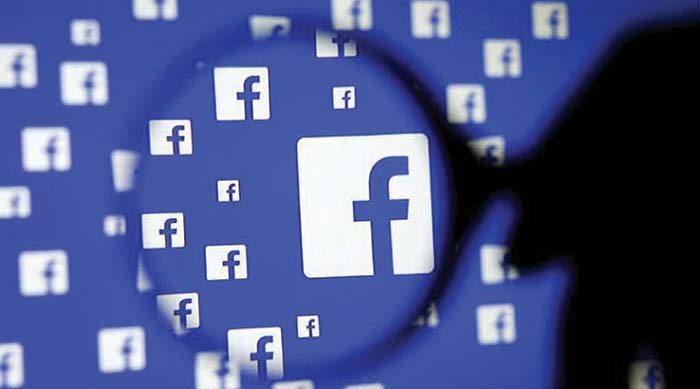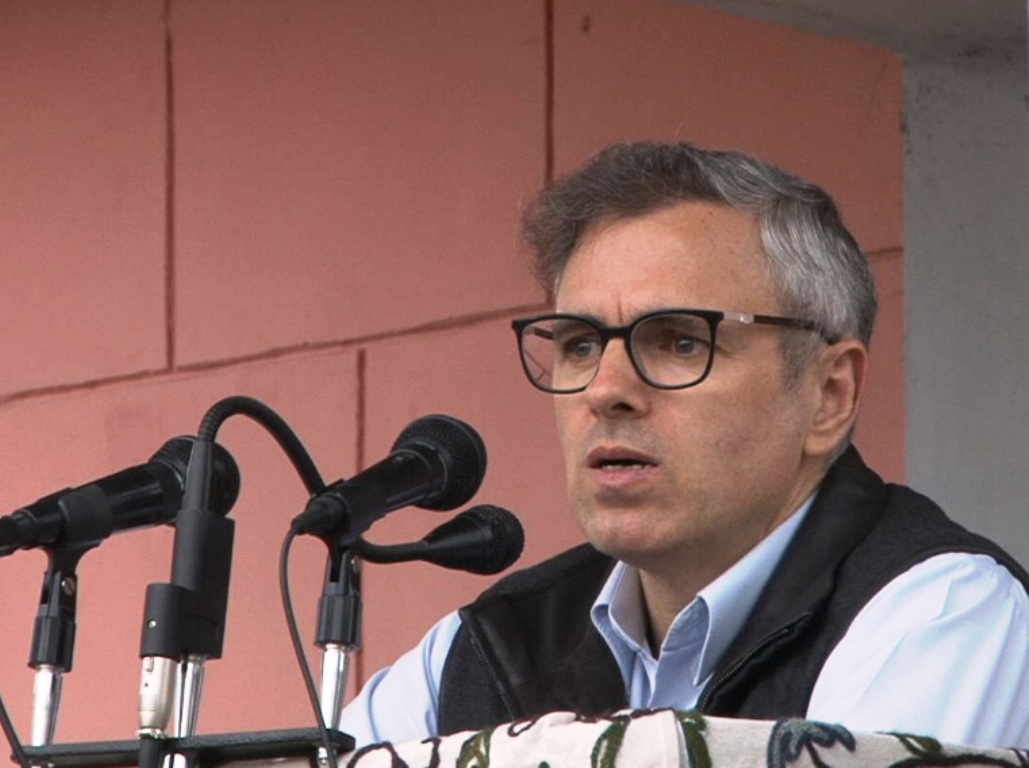SRINAGAR: In the year 2024, Mark Zuckerberg found himself facing a new set of challenges as he navigated the ever-evolving landscape of Meta, the parent company of Facebook, Instagram, WhatsApp, and the ambitious Metaverse.
 As the social media giant celebrated its twentieth anniversary, memories of its humble beginnings in Zuckerberg’s Harvard dormitory resurfaced. The initial exclusivity to students and the absence of advertising were a far cry from the trillion-dollar tech empire it had become. The journey had been marked by milestones, controversies, and technological advancements.
As the social media giant celebrated its twentieth anniversary, memories of its humble beginnings in Zuckerberg’s Harvard dormitory resurfaced. The initial exclusivity to students and the absence of advertising were a far cry from the trillion-dollar tech empire it had become. The journey had been marked by milestones, controversies, and technological advancements.
The timeline flashed back to the early days when Facebook, then thefacebook.com, emerged as a rival to MySpace, offering a space for students to connect and share. Legal battles with the Winklevoss twins and ConnectU were settled for $65 million, paving the way for Facebook‘s meteoric rise.
Over the years, Facebook evolved, introducing features like photo albums, news feeds, and mobile access. Controversies, such as the Beacon feature mishap and the FTC’s legal scrutiny in 2011, shaped the platform’s trajectory. The acquisition of Instagram in 2012 and WhatsApp in 2014 added new dimensions to Zuckerberg’s empire, propelling Facebook‘s global user base to over a billion.
However, the tide turned in 2015 with the Cambridge Analytica scandal, exposing data misuse and sparking privacy concerns. The following years were tumultuous, marked by Facebook Live’s launch, additional data breaches, and Zuckerberg’s congressional hearings in 2018.
In 2021, as the world grappled with the Covid19 pandemic, Zuckerberg announced the rebranding of Facebook Inc to Meta. This move aimed to position Meta as a parent company for various platforms, including the emerging concept of the Metaverse. Lawsuits ensued, with a $150 million lawsuit accusing Facebook of negligence in addressing misinformation related to the Rohingya genocide.
The year 2022 brought unprecedented scrutiny as the UK coroner tied online content to a teenager’s suicide. Meta‘s health and well-being head faced questions, emphasising the growing concerns over the platform’s impact on mental health.
By 2023, the Metaverse had cost Meta billions, leading to massive job cuts. The company launched Meta Verified and Threads to compete with rivals, facing yet another privacy case from the FTC.
As 2024 unfolded, Meta confronted persistent challenges, primarily centered on misinformation and regulatory concerns. Share prices reached new highs, buoyed by job cuts and the success of the Metaverse project. TikTok‘s threat waned, and Meta adapted to changes in the social media landscape.
However, legislation loomed on the horizon, with US lawmakers considering new regulations. Meta‘s commitment to addressing harmful content, especially for users under 18, indicated a proactive stance.
As elections approached, Meta faced the ultimate test of tackling misinformation. Social media consultant Matt Navarra predicted ongoing criticism and challenges for Meta, even with advanced AI systems.
The narrative shifted to Zuckerberg’s recent appearances before the US Senate, addressing concerns about online sexual exploitation and promising to block new political ads during the final week of the US election campaign. Shareholders rejoiced as Meta announced dividends for the first time.
The story of Facebook, now Meta, continued to unfold in 2024, with Zuckerberg steering the ship through uncharted waters, navigating the complexities of technology, privacy, and societal impact. The future of the Metaverse remained a focal point, as Meta grappled with the responsibility of shaping the next evolution in social technologies.















